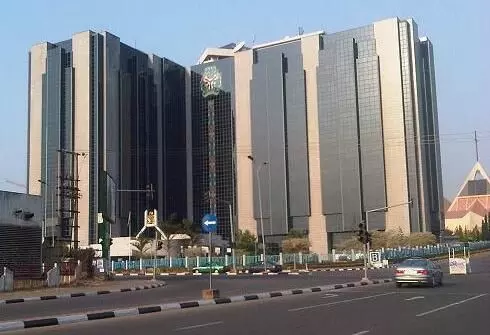- Home
- /
- Business/Economy
- /
- Experts Chart path to...

Some experts have called on the government to rejig the nation’s economic architecture in order to reverse high inflation rate and other negative economic indices. The experts, including Prof. Lanre Olaniyan of the Department of Economics, University of Ibadan, and Mr Tope Fasua, an economist, spoke with Newsmen in separate interviews on Wednesday, while reacting […]

Some experts have called on the government to rejig the nation’s economic architecture in order to reverse high inflation rate and other negative economic indices.
The experts, including Prof. Lanre Olaniyan of the Department of Economics, University of Ibadan, and Mr Tope Fasua, an economist, spoke with Newsmen in separate interviews on Wednesday, while reacting to the latest inflation figure.
Olaniyan said it would take up to the third quarter(Q3) 2021 before the nation’s economic growth would become positive.
The National Bureau of Statistics (NBS), had in its Consumer Price Index (CPI), January 2021 report revealed that inflation rate increased to 16.47 per cent in January.
The increase is 0.71 per cent higher than 15.75 per cent recorded in December 2020.
The report also revealed that composite food index stood at 20.57 per cent in January compared to 19.56 per cent in December.
The NBS said the rise was caused by increases in prices of bread and cereals, potatoes, yam and other tubers, meat, fruits, vegetable, fish, oils and fats.
On the heels of this, Olaniyan said the economy might not rebound until Q3.
He explained that the economy was highly import-dependent and insecurity was a major drawback to economic development.
“The synergy between monetary and fiscal policies is still good but needs to be strengthened.
“Although, interest rates had crashed, the transmission mechanism to credit is still slow as lending rates are still high.
“This, coupled with insecurity, are negatively affecting agriculture production, which is becoming a major driver of the country’s economic growth,” he said.
He said the continuous rise in inflation was expected, especially given the fact that the country was currently experiencing a recession, coupled with high unemployment.
Olaniyan also attributed the hike in inflation to the effects of the COVID-19 pandemic.
“For rural inflation, we are in the dry season; meaning that food production is reduced, but we expect rural inflation to reduce as we move to the rainy season.
“The driver of most consumer goods inflation is the exchange rate depreciation and since Nigeria depends more on imported goods and with the falling exchange rate, the prices adjust in relation to the exchange rates fluctuation.
“It should also be noted that there was a slight increase in petrol price, so all these combined to fuel inflation,” Olaniyan said.
Similarly, Fasua said high inflation would not be a bad idea if the economy was growing, as the major challenge was growing the economy.
He, however, noted that food inflation was more challenging because it concerned all Nigerians.
“At some point, farmers were not able to go to the farms the way they should. You can imagine what those whose incomes are not very strong are going through.
“So, the country has to find a way of spurring growth. We have to change our response to issues.
“Enough of foreign response to issues, we should localise our thinking and interventions,” he said.
Fasua added that the country needed to quickly get over the effects of the pandemic by encouraging people to get back to work and be productive.




